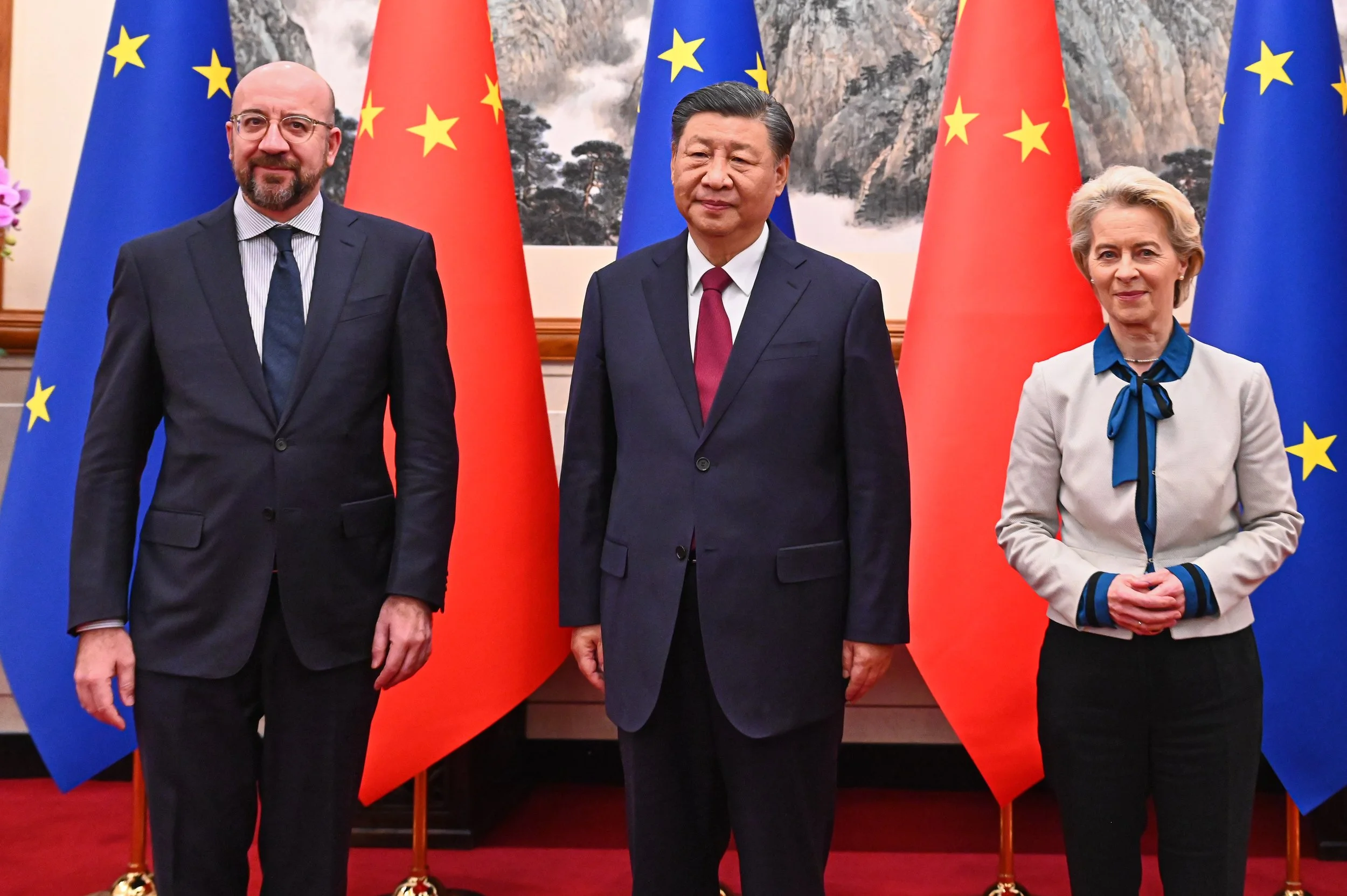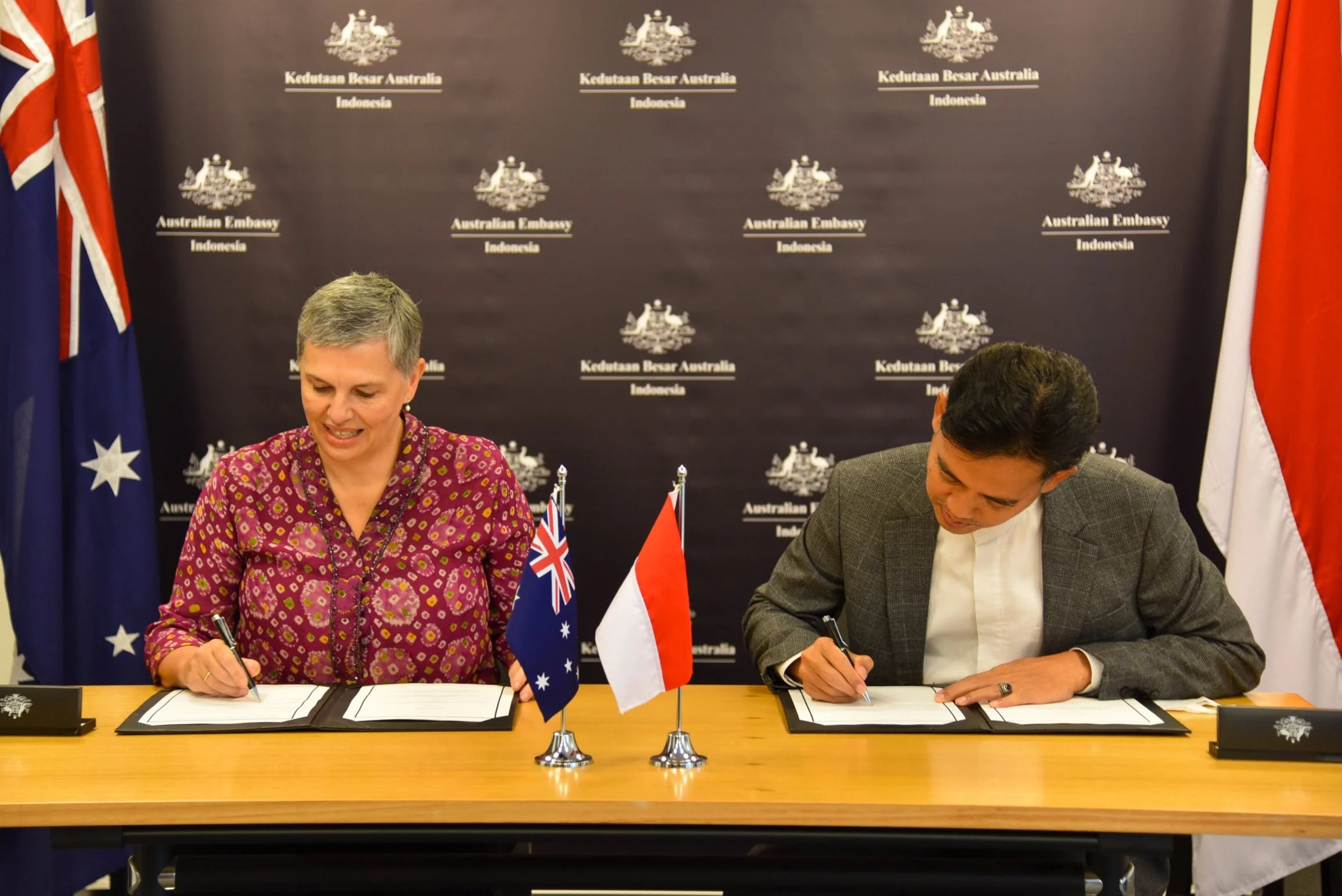Written by Dr. Hunter Marston
With the Trump administration fixated on bilateral trade deals with individual countries, rather than the large multilateral trade deals that have shaped the region’s economic architecture in recent years, the US appears to be yesterday’s story, while Asia has moved on with the new rules of the road.
Read More
















